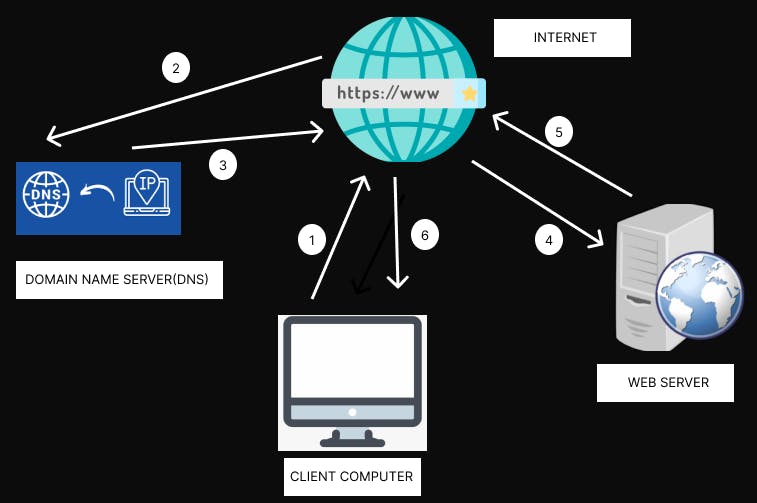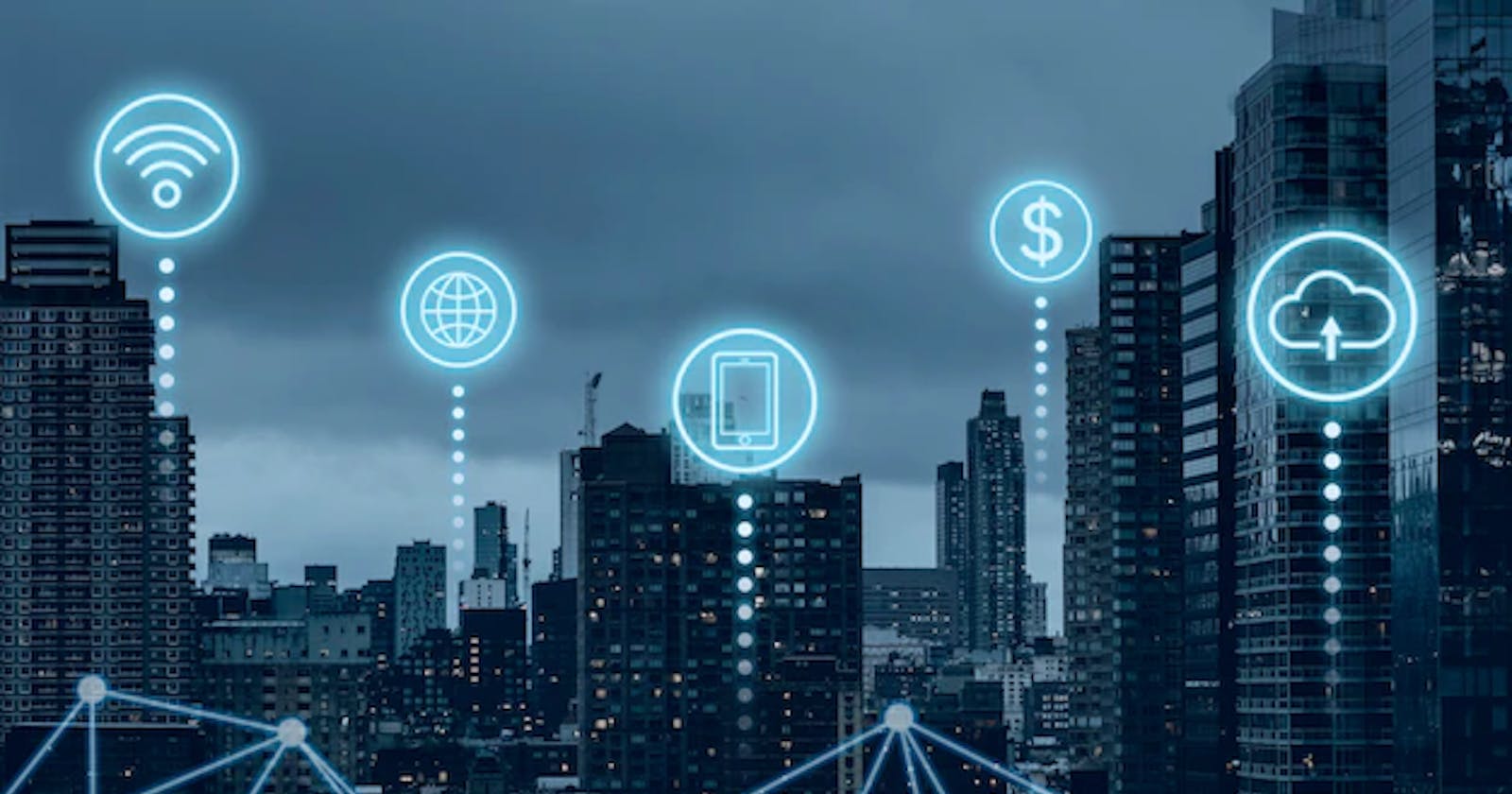 As a web developer, I get questions from friends about how the Web and Internet works.
I thought to put this together to answer these questions.
As a web developer, I get questions from friends about how the Web and Internet works.
I thought to put this together to answer these questions.
WHAT IS THE WEB
The Web is a collection of different websites you can access through the Internet. A website is made up of related text, images, and other resources.
I will like to give a definition of the major components of the Web Architecture
CLIENT COMPUTER: This is a regular user of the internet. The person who wants to read up on the latest happenings on Flipboard or purchase a washing machine on Amazon.
INTERNET: The internet is a collection of billions of computers and electronic devices. It is a global communication system that gives users access to data resources.
DOMAIN NAME SERVER (DNS): This acts as a phonebook of the internet. This maps IP addresses of websites to their domain name.
WEB SERVER: A web server is a computer that hosts website contents. It is responsible for how users access hosted files. Web Servers can be viewed from both hardware perspective and software perspective. Hardware perspective in terms of hosting web contents that is HTML, CSS, JavaScript, Images. Software perspective in terms of handling HTTP requests.

HOW THE WEB CONTENTS RENDERS ON A CLIENT COMPUTER IN SIX STEPS
The user will have to specify the domain in the web browser for example google.com.
The request is taken through the internet.
The domain name server searches for the matching IP address and converts the domain name to it.
The IP address is communicated through the internet and sends a request to the web server.
The http request is then received by the web server. The web server sends the content of the website requested through the internet to the IP address of the client.
The web page renders on the screen of the client computer.
CONCLUSION
This is what happens every time we browse through the Internet. Technologies like CDN have made it possible for content to be closer to our location. Caching stores content of a website we have visited before so as to reduce page load time. This feature is important because it improves the page load time and reduces browsing costs.
